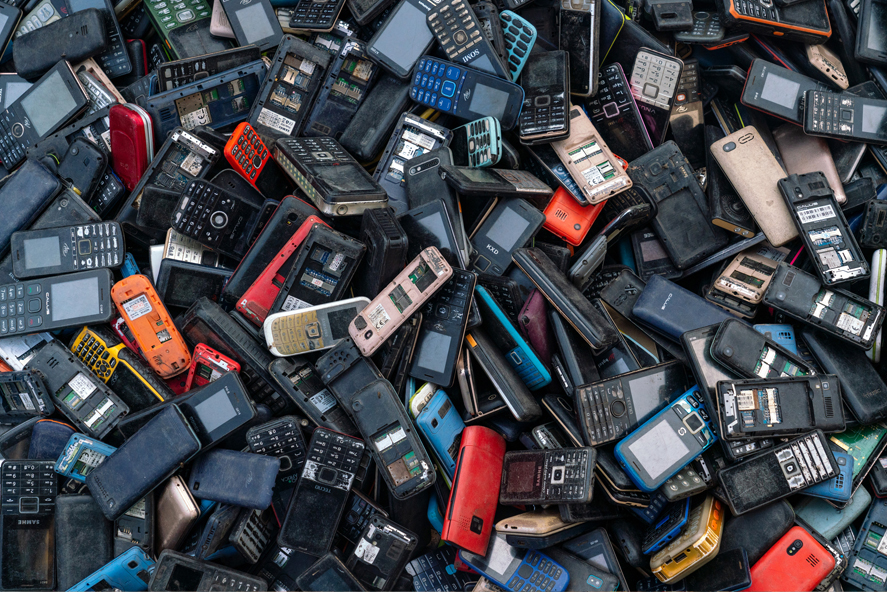
Launch of National Regulation for the Integrated Management of Waste Electrical and Electronic Equipment in Dominican Republic
According to ITU data, the Dominican Republic generates 67,000 tons of e-waste per year, equivalent to an approximate loss of 71 million dollars annually.
Under BDT’s global programme to create a circular economy for electronics, the Waste Electrical and Electronic Equipment (WEEE) regulation for the Dominican Republic was developed over a period of two years in collaboration with the Ministry of Environment and Natural Resources, INDOTEL, the United Nations Environment Programme and private actors.
As a result of this collaboration, the National Regulation for the Integrated Management of Waste Electrical and Electronic Equipment within the Framework of Extended Producer Responsibility was recently approved by the Dominican Republic.
Effective WEEE regulation requires the collaboration of all stakeholders: government, producers, consumers, retailers and waste management organisations. Successful implementation of this regulation requires strong collaboration and strategic investment.
Currently, 12 countries in North and South America have regulations governing the management of this complex and growing waste stream.
The Dominican Republic is taking an important step towards a circular economy and the responsible management of e-waste. By implementing this new WEEE regulation, they will not only be contributing to the success of national e-waste management, but also to creating a role model for other nations facing similar challenges.
This is an ITU Development #DigitalImpactUnlocked story
About the project
Project number: 9GLO21118
Project title: Implementing the EPR Concept in Policies and Regulations for the Sound Management of E-waste – Circular Economy for Electronics, Part 4
Description: In line with the current Programme of Work (2021 – 2023) on a Circular Economy for Electronics of the Telecommunication Development Bureau (BDT) of ITU, this project, a first step in a longer-term policy-level collaboration between ITU and UNEP, will support Botswana, Dominican Republic, Namibia, Rwanda, The Gambia, and Uzbekistan in the application of the extended producer responsibility (EPR) principle for e-waste management – a commonly adopted policy approach. The project will build off the various normative documents which provide clear guidance regarding issues such as policy development, enforcement, financing e-waste collection and recycling and effective EPR. These documents, such as the ITU Policy Practices for E-waste Management and its Handbook for the Development of a Policy Framework on ICT/E-waste and UNEP’s Global Environment Outlook, Global Chemicals Outlook I & II, Global Waste Management Outlook, the Africa Waste Management Outlook and the Central Asia Waste Management Outlook are ready and available to guide project implementation. The project will also build on the first phase of e-waste policy and regulatory development technical assistance provided by ITU in Dominican Republic and Namibia, and by UNEP in Botswana, Rwanda, Uzbekistan.
Visit the project page for more details.



